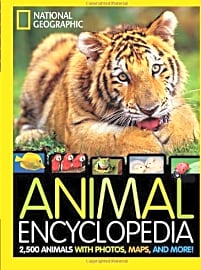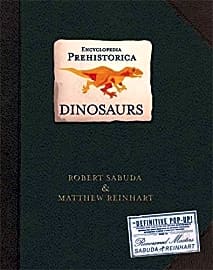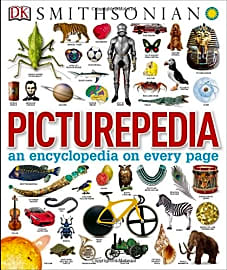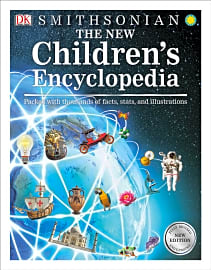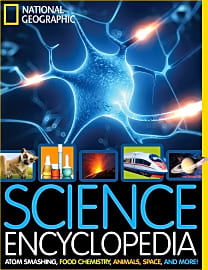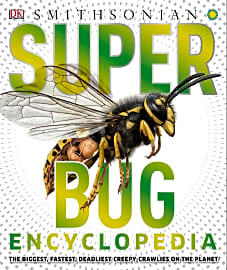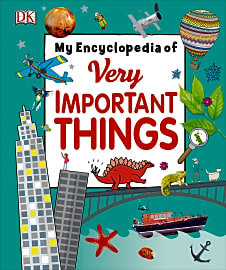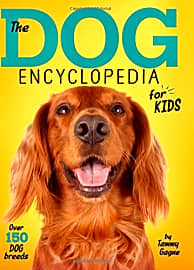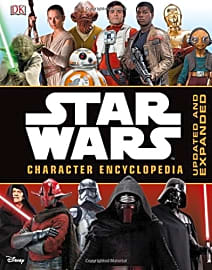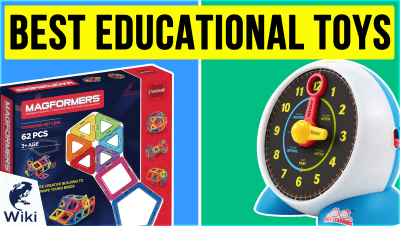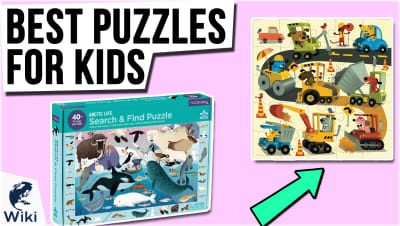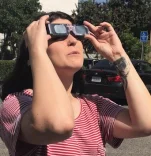The 10 Best Encyclopedias For Kids

This wiki has been updated 37 times since it was first published in October of 2016. If you want to set your children up for a lifetime of learning, it helps to start them on the path to knowledge while they're young. These encyclopedias for kids can do just that, as they take in-depth looks at subjects little ones are already interested in, relating information in a fun and easy-to-understand manner. Don't be surprised if you learn a thing or two along the way. When users buy our independently chosen editorial selections, we may earn commissions to help fund the Wiki.
Editor's Notes
July 09, 2020:
Going off our previous ranking of priorities, which included selecting volumes that are stimulating without overwhelming, informative, packed with visuals that capture short attention spans, and age-appropriate, we decided to update a few volumes today.
We said goodbye to the DK Children's Encyclopedia in favor of The New Children's Encyclopedia, which is similar in breadth but fully updated in line with the latest knowledge and research as of its 2019 publishing. It still maintains its handy cross-reference icon system, which is a boon for helping curious minds explore and discover linked information and make connections.
We also said goodbye to the First Science Encyclopedia, which is still fine in many respects, if a bit outdated. We felt the bestselling My Encyclopedia of Very Important Things would be a better choice for many, as it covers a wider spectrum of information and is generally more engaging, especially in a multi-child household.
Finally, we brought on the Britannica All New Kids' Encyclopedia, an extremely comprehensive option that's sure to be a favorite of many kids and parents for years to come. It follows a compelling narrative arc and is packed with thoughtful features, like "known unknowns" a section that looks at what has yet to be discovered, engaging lists, multiple-choice quizzes at the end of every chapter, notes and interviews with experts, and so much more. Any of these selections would make a great complement to a children's dictionary, whether for cross-referencing or as a gift.
March 05, 2019:
This list represents an embarrassment of riches, as virtually every book we included is fantastic in its own right. That said, we had to rank them somehow, so we looked at how informative they were, whether they were likely to hold short attention spans, and whether parents were likely to get sick of reading them. The Encyclopedia Prehistorica Dinosaurs is likely to draw oohs and ahhs from everyone who sees it, no matter their age, while the National Geographic Science Encyclopedia can lay a solid groundwork for future STEM learning. We included a few volumes that are mostly geared towards fun as well, such as The Dog Encyclopedia for Kids and the Star Wars Character Encyclopedia, in the hopes that children will enjoy themselves so much they don't even realize they're falling in love with the written word.
Special Honors
Britannica Kids Subscription Encyclopedia Britannica has been around since the late 1700s and is considered a reliable resource and leader in the industry. In recent years the company has gone digital and expanded its offerings into a host of subscription services. Britannica Kids is one such one that can help with everything from satiating natural curiosity to assisting with homework. Membership includes access to over 100,000 articles that are continually updated, the Britannica Kids Activities Corner, a rich media library with over 60,000 images and videos, biographies, an interactive atlas, and more. britannica.com
Real World Learning In The Internet Age
I could jump on there right now and insert a claim on Robert De Niro's page that says he’s lactose intolerant.
In today’s technology-fueled world, information about anything is available at the stroke of a few keys. With services like Siri, Alexa, and Google Assistant, even the necessity of those keystrokes is fading into the background, as all you need to do to find out bits of information on one topic or another is ask the ether and a kindly woman’s voice will answer you. This isn’t a terrible thing, necessarily; it’s just progress.
Plenty of people from generations that grew up without the internet are somewhat reasonably worried, as more and more information becomes readily available, that we might not need to use our brains as much for storage as we used to. While there may be some truth behind those fears, they’re also nothing new.
During the time of the great philosopher Socrates, the notion of the written word was gaining some significant traction. Socrates and plenty of his contemporaries decried the movement toward written language as a giant leap backwards for the human intellect, and he forbade his students from transcribing his teachings. Of course, we now know that Plato secretly shirked this order and wrote down a tremendous amount of his experiences with the great philosopher, leading to the bevy of Platonic texts that rely on his teachings.
Despite Socrates’ warnings, written language did little to kill our brains, and — combined with the printing press — the written word is arguably one of the few things that have given humanity an intellectual and evolutionary leap forward. Harnessing fire was another such development, and so, too, according to many, is the development of the internet.
The thing about a physical encyclopedia set is that it isn’t intended to supplant the internet. There’ll be no doing that without a significant electromagnetic pulse weapon of some kind. What an encyclopedia set offers your kids is a break from screen time that involves learning and that delves deeply into a litany of fascinating subjects.
An encyclopedia can also be trusted. Wikipedia, the primary repository of encyclopedic information on the internet, is an open source. That means that anyone could gain access to it and change the details of a given topic to suit their desires — personal, political, religious, or otherwise. I could jump on there right now and insert a claim on Robert De Niro's page that says he’s lactose intolerant. Is he lactose intolerant? I have no idea, but if I wanted to, I could even create a fake news article about it, post it on a website I can host for free and link to it within the Wikipedia page, and the claim wouldn’t even have that little “citation needed” warning next to it. At a glance, you’d have no reason not to believe it. With a real encyclopedia, there’s a publisher’s reputation on the line, and their writers and fact checkers feel a responsibility to get their information right.
For kids, that can help instill in them a healthy sense of skepticism when encountering suspicious claims online, but it can also offer a bonding experience for the both of you. At a certain point, kids age out of bedtime stories, but if you can spark their interest with a well-written encyclopedia, you might end each evening with a dive into the life of a famous explorer, or the details of a foreign and mysterious country. In the end, your kids will be smarter, and the two of you will be closer for it.
Choosing An Encyclopedia For Your Kid
As you check out the available encyclopedias for kids on the market, you might notice that few of them are general interest. Most concentrate in a specific area of learning, history, or culture. That’s mainly because an entire encyclopedia set can be both overwhelming for a child and expensive for a parent.
That actually makes choosing an encyclopedia for your kids pretty easy, as you can use their current interests to know which one they’ll like the best. Do they love a particular subject in school? Grab them a science or history encyclopedia. Are they enamored of a certain film or television universe? Pick up an encyclopedia devoted to its worlds and characters.
There is a level of age appropriateness to consider here, as well. If the encyclopedia that’s devoted to their favorite subject is geared toward a demographic much younger than they are, they might quickly lose interest in it. It’s better to err on the side of a book that’s too mature for them, as they can grow into it over time.
Great Ways To Keep Your Kids Educated
Everyone wants their kids to be smart. Maybe some are wary of turning their kids into social outcasts due to a freakish intellect, but, in general, most parents want their kids to exceed in school, so that they can exceed in life. To that end, there is a litany of great tools and toys out there designed to grow children’s brains from an early age, and to prepare them for the kinds of experiences they might encounter in school. Encyclopedias for kids are one piece of that puzzle.
They encourage your kids to better develop pattern recognition and spatial reasoning skills on the educational side.
Another great piece of that puzzle would be any game or toy that is STEM-oriented. These toys will help introduce science and math concepts to kids in a fun and engaging way. When that kind of play is a part of their daily lives, they’ll have less of that knee jerk reaction to math in particular, in which a student fails to see how something like the Pythagorean theorem applies to them.
Puzzles themselves are an additional brain builder that can be an excellent bonding tool, as well. They encourage your kids to better develop pattern recognition and spatial reasoning skills on the educational side. On the bonding side, they allow you to spend hours with your little ones, pouring over a sea of unidentifiable puzzle pieces, chatting about life, and achieving a goal together.


